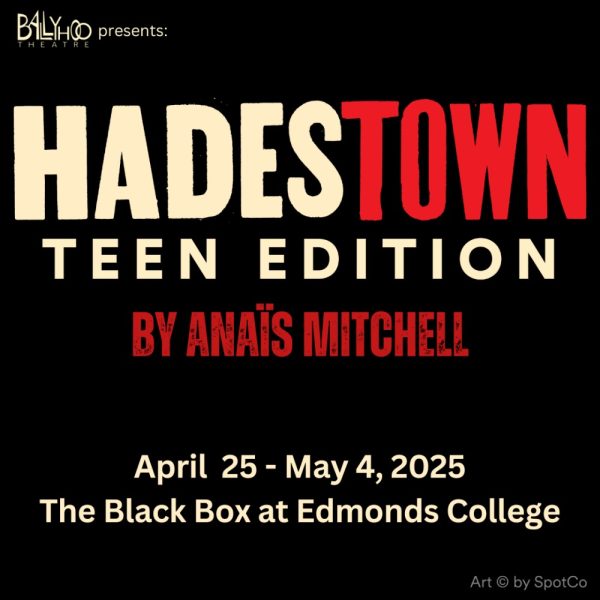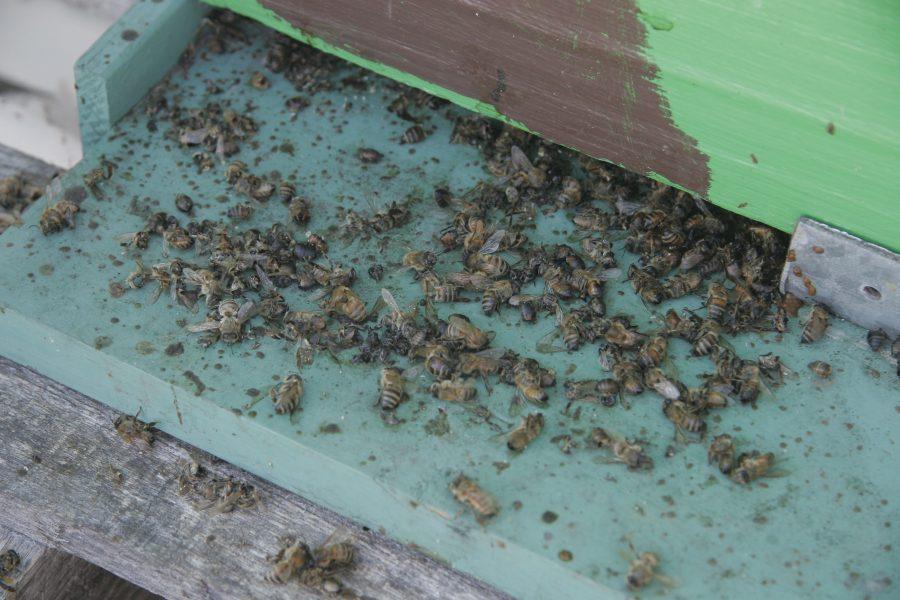More Than Honey buzzes to BlackBox Theatre March 2nd
Award-winning documentary on bee crisis followed by panel of local leaders in beekeeping efforts coming to the BlackBox Theatre
The global survival of bees is threatened on many fronts. Climate change, dangerous pesticides, and pollution are critical factors in determining whether or not bees will survive the next century.
If you visited the community garden last quarter, you might have seen honeybees buzzing between the flowering plants and their hives. The bees were put to bed for the winter, but they didn’t survive the snaps of cold weather.
Both campus hives died.
Sadly, EdCC’s bees aren’t the only ones dying. Beekeepers worldwide have reported massive losses since the 1990s.
Studies have explored the role of agricultural pesticides such as neonicotinoids, and international research presented in a 2015 issue of Science magazine found that climate change has shrunk the habitat of bumblebees across North America and Europe.
The award-winning documentary More Than Honey delineates the current crisis of honeybees. Swiss director and producer Markus Imhoff hopes the film will “highlight the pressures of the global economy on these small insects.”
Bees, butterflies, and other winged creatures pollinate between 5% and 10% of the world’s food supply. Crops that depend on natural pollination often provide essential vitamins and minerals and thus play an important role in human nutrition, according to Rebecca Chaplin-Kramer, a landscape ecologist at Stanford University.
More Than Honey will be shown at the Black Box Theatre at 6 p.m. on Thursday, March 2. After the showing, students and community members will have the opportunity to ask questions of a panel including Professor Mary Whitfield, who started the hives at EdCC, Professor Gwen Shlichta, an entomologist who researched Colony Collapse Disorder and Anthony Phung, president of the Bee Club.
Admission is free, but attendees who donate $5 can take home a jar of honey or a bar of Bee Club-made beeswax soap. Proceeds go toward restarting the campus colonies.
The Bee Club will order a queen bee this spring to ensure that honeybees continue their important work at EdCC.
You can find more information about the event at the EdCC Honeybee Program’s Facebook page at www.facebook.com/EdCCBees/.




